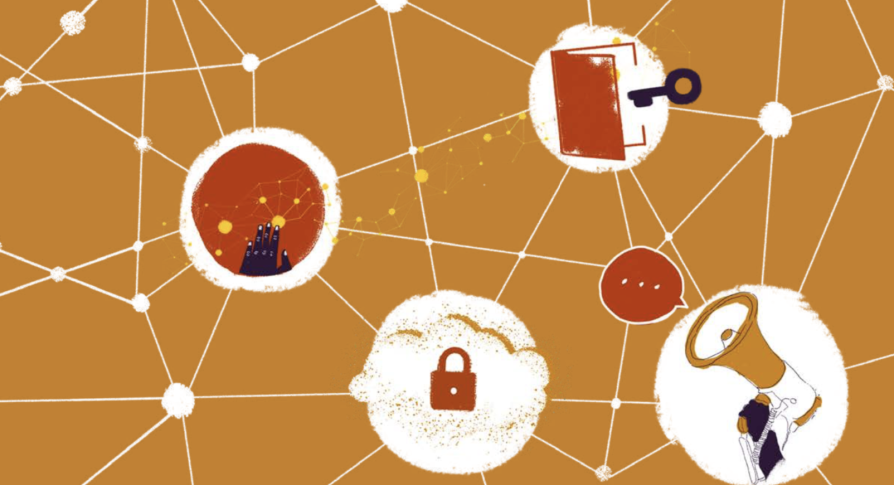
This publication is a compilation of 19 articles by African researchers, academics, journalists and human and digital rights activists on the impact of the COVID-19 pandemic on digital rights in Africa. The articles were commissioned by the African Declaration on Internet Rights and Freedoms (AfDec) Coalition as part of its project on “Securing human rights online in Africa through a strong and active ‘African Declaration on Internet Rights and Freedoms’ network”. The AfDec Coalition is a pan-African initiative which promotes human rights standards and principles of openness in internet policy formulation and implementation on the continent, guided by the 13 principles established in the African Declaration on Internet Rights and Freedoms.
At the time that the papers were commissioned, in June 2020, African states had either invoked existing policies or adopted new policies for prevention of spread, containment and treatment of the virus that had an impact on the enjoyment of digital rights. For example, most governments employed the use of contact tracing applications to track and trace citizens’ movements and put in place measures criminalising free speech when it contained false information about the pandemic. These two examples had the potential to be abused, particularly the latter, which was used to silence journalists and government critics. The pandemic also moved most citizens’ communication, education, work, trade and access to basic services from physical interactions to primilary online interactions. However, the continent is still largely made up of informal economies, has a low internet penetration rate of 28.2% (far below the global average of around 53%), and has seen an increase in reports of digital rights violations resulting from repressive cyberlaws, making the efforts to address the pandemic inadequate and inequitable.
These articles offer reflective analyses on government efforts to curb the COVID-19 pandemic from the perspective of the AfDec principles, with a focus on a number of the principles including privacy and personal data protection, gender equality, freedom of expression, internet access and affordability, and the right to development and access to knowledge.
The articles trace trends in access to the internet by the general populace and marginal communities; affordability of accessing the internet; online learning initiatives; contact tracing and the handling of health data for official reports and aid; media freedom; and freedom of expression. The articles also offer recommendations for national and regional-level advocacy in response to emerging violations of online rights that will remain relevant even after the COVID-19 pandemic. Policy advocacy is one of the AfDec Coalition’s key strategic areas, aimed at contributing to the Coalition’s long-term goal of achieving national and regional internet-related policy frameworks that promote and respect human rights across Africa.